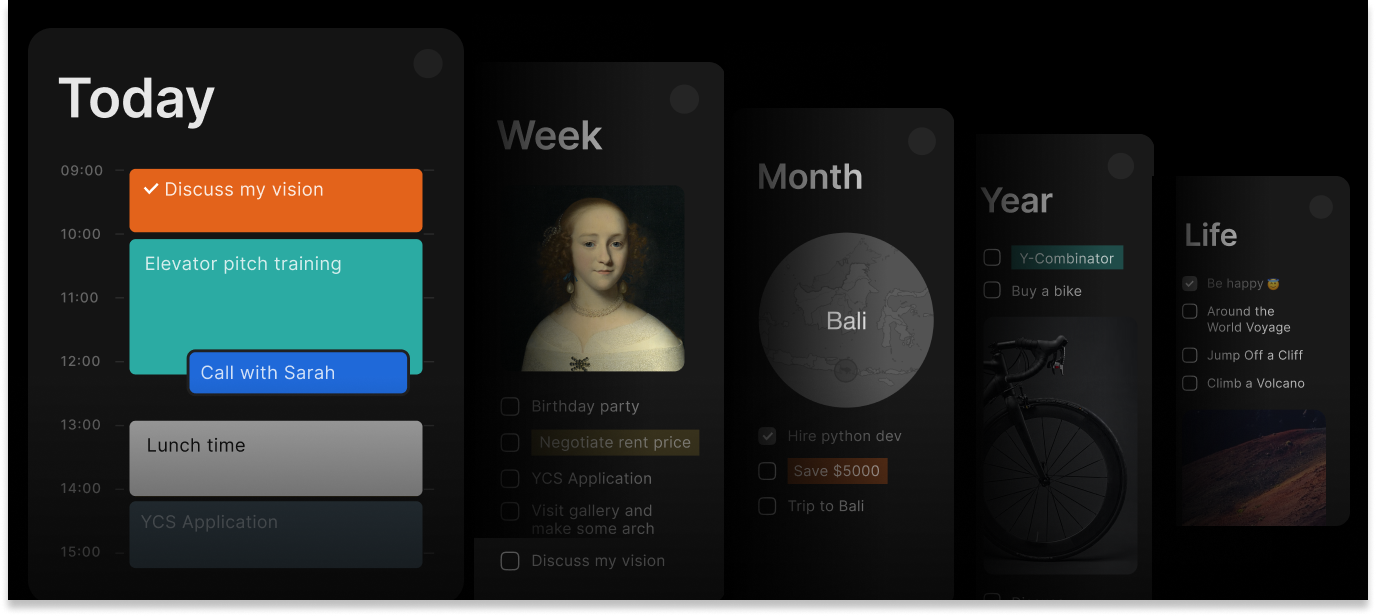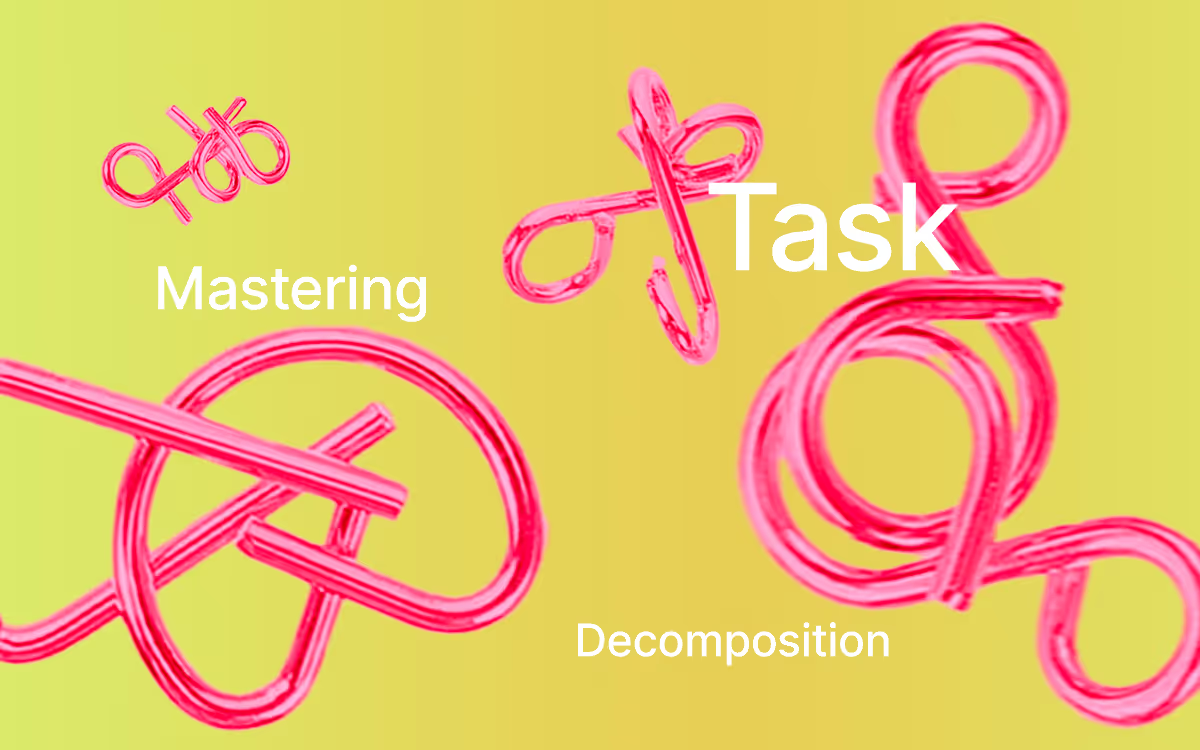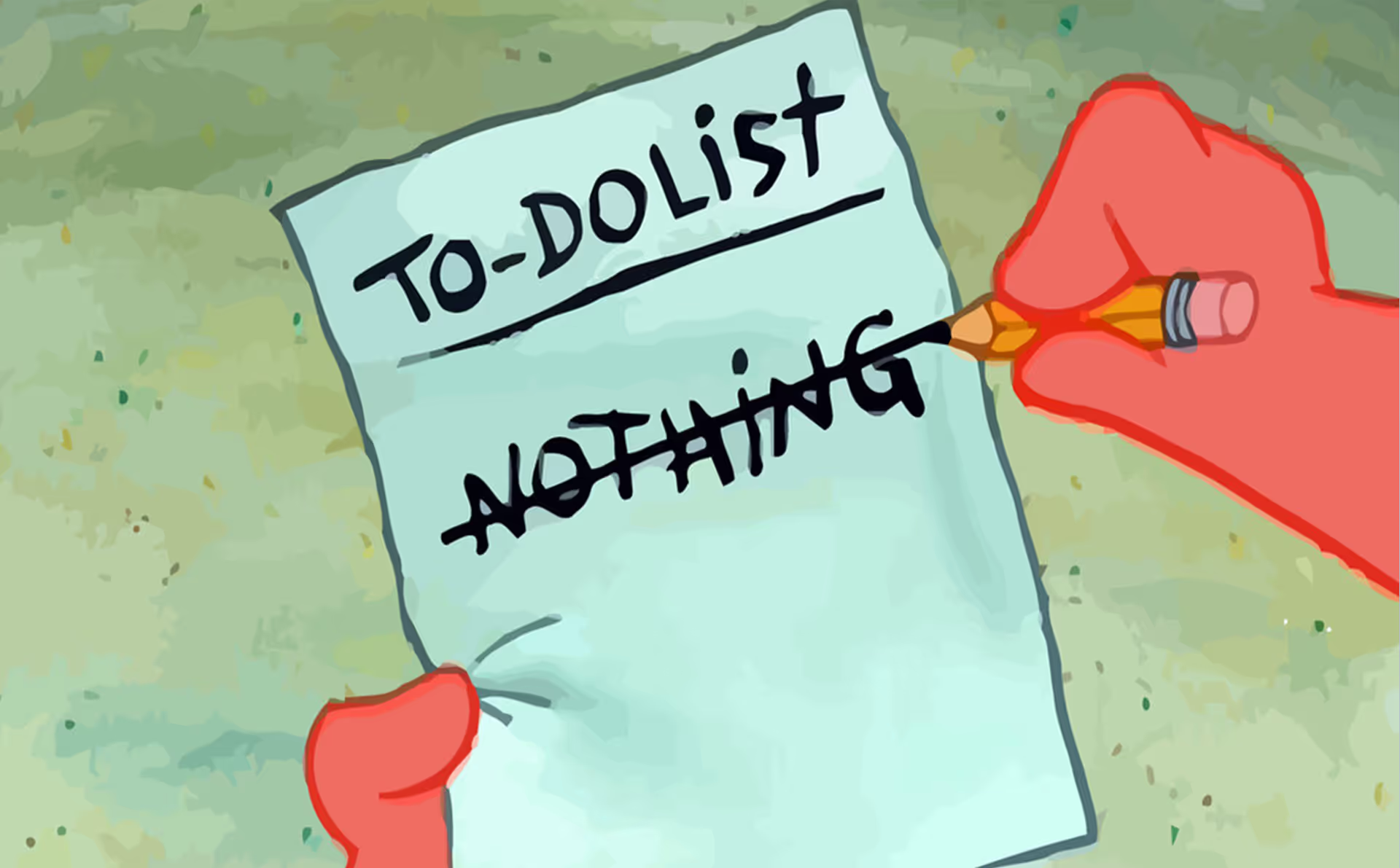Productivity Glossary
Key terms and definitions to enhance your understanding of productivity.
A
Action Plans — detailed plans outlining specific steps needed to achieve particular goals.
Activation Energy — the initial burst of effort required to start a task or make a change, borrowed from chemistry where it represents the energy needed to trigger a reaction.
ADKAR Model — a change management model developed by Jeff Hiatt, involving five sequential stages (Awareness, Desire, Knowledge, Ability, Reinforcement) to help individuals adapt to transitions and transformations.
Agile methodology — a flexible project management methodology based on iterative approach and continuous improvement.
Assignments — the ability to delegate tasks to specific team members.
Asynchronous Teamwork — asynchronous teamwork involves coordinating team efforts across different time zones without real-time requirements, allowing independent handling of tasks like supplier communications.
B
Boards — visual task management boards for organizing projects and lists.
Brain Dump — an initial planning step where all tasks, ideas, and commitments are rapidly listed without judgment, typically in 15 minutes, to clear mental clutter before prioritization.
Buffer Time — unscheduled periods intentionally left open in a schedule to handle unexpected disruptions, breaks, or overflows, aiming to fill only 70% of available time for flexibility.
Burnout — a state of chronic physical, emotional, and mental exhaustion caused by prolonged stress or overwork.
C
Calendars — integrated scheduling tools to plan tasks over time.
Checklists — step-by-step lists to ensure that no essential tasks are missed.
Climbs — a feature that breaks large goals into smaller, manageable steps.
Cognitive Load — the mental effort spent on remembering and managing tasks, which can be reduced by documenting everything in one place to free the mind for focus.
Collaboration — the process of working with others to achieve shared goals.
Color Coding — a method for visually distinguishing tasks based on type or priority.
Comments — a feature that allows users to leave feedback or notes on tasks.
Constraint Satisfaction — the process of optimizing arrangements to meet competing demands under constraints, as practiced in puzzle-based games, to improve efficient resolution of team or resource conflicts.
Context Switching — refers to disruptions from changing tasks or real-time coordination, which asynchronous work minimizes, saving up to 4 hours per day per employee.
CRM — systems or strategies for managing a company’s interactions with current and potential customers.
D
Daily Planner — a tool for structuring daily tasks and responsibilities.
Deadlines — the final dates by which tasks or projects must be completed.
Deep Work — a state of focused concentration on cognitively demanding tasks without distractions.
Decision Journal — a tool for tracking and analyzing decisions made over time.
Diffuse Thinking — a relaxed mode of thinking that allows the brain to make creative connections.
Drag & Drop — a feature that allows users to move tasks within boards easily.
E
Eat the Frog — a productivity technique that involves tackling the most challenging task first thing in the day.
Eisenhower Matrix — a prioritization tool that categorizes tasks into four quadrants based on urgency and importance, helping focus on what truly matters.
Embeds — the ability to insert external content or applications within Timestripe.
F
Failure — an essential part of growth; understanding and learning from failures can lead to greater success.
Feynman Technique — a learning method that involves explaining complex concepts in simple terms.
Filters — a function to sort and display tasks based on specific criteria.
Focus — the ability to concentrate on important tasks while avoiding distractions.
G
Gantt Chart — a visual representation of a project schedule with task dependencies.
Getting Things Done (GTD) — David Allen’s comprehensive task management and productivity system.
Goal Setting — the practice of defining objectives to guide actions.
Google Extension — a browser extension for quick access to Timestripe features.
H
Horizons — a system of planning that organizes goals across short-term, mid-term, and long-term perspectives.
I
Integrations — connections between Timestripe and other productivity tools.
K
Kanban — a visual workflow management system using boards and columns.
Knowledge Sharing — the process of exchanging information, skills, and expertise within teams or organizations.
L
Labels — customizable tags that help categorize and filter tasks.
Lists — customizable lists for organizing tasks, ideas, or goals.
M
Magic Link — a secure, shareable invitation URL generated in workspace settings to easily add team members to a collaborative space without complex setup.
Meeting Notes — structured records of meetings that capture decisions, action items, and key discussions.
Mind Garden — mind garden is a personal, evolving space for your thoughts, inspired by the way plants grow: messy, organic, interconnected.
Mind Maps — diagrams that visually organize thoughts and ideas.
Micro-retirement — short breaks from work for rest, recovery, and life reassessment.
Mobile Sync — the ability to synchronize tasks across multiple devices.
Month View — a broader calendar overview showing tasks and deadlines for the month.
Multitasking — the act of performing multiple tasks simultaneously or switching rapidly between tasks.
N
Notes — a space for capturing additional information, insights, or reminders.
O
OKR — a goal-setting framework used to define and track objectives and their outcomes.
Old Internet — refers to the early days of the internet, characterized by simpler websites and communities.
Onboarding — the process of introducing new users to Timestripe’s tools and functions.
Overthinking — the excessive and repetitive analysis of a situation or decision, often leading to unnecessary stress, indecision, or distorted perceptions.
P
Pomodoro Technique — a time management method using 25-minute focused work intervals followed by short breaks.
Prioritization — the process of ranking tasks by importance and urgency.
Productivity — the efficiency in completing tasks and reaching goals.
Project Timeline — a chronological view of a project’s phases and key milestones.
Q
Quiet Quitting — doing the minimum requirements of one’s job and putting in no more time, effort, or enthusiasm than absolutely necessary.
R
Recurring Tasks — tasks that repeat at set intervals (daily, weekly, etc.).
Reminders — notifications to keep users aware of upcoming tasks and deadlines.
Revenge Quitting — leaving a job or position abruptly as a form of protest or retaliation.
Reverse Mentoring — a process where younger or less experienced individuals share knowledge with senior colleagues.
S
Seagull Management — a management style where a manager only interacts with employees when there’s a problem, often leading to negative outcomes.
Search — a tool for quickly finding tasks, notes, or goals.
Self-rewards — a system of acknowledging and celebrating personal achievements and completed tasks.
Shortcuts — keyboard commands that improve workflow efficiency.
Slow Living — a lifestyle emphasizing a slower approach to aspects of everyday life, promoting mindfulness and quality over speed.
SMART Goals — goals that are Specific, Measurable, Achievable, Relevant, and Time-bound.
Snake Tasks — elusive, unfinished projects or responsibilities that linger in to-do lists, constantly shifting and expanding while draining mental energy through the Zeigarnik effect.
Spaces — collaborative workspaces for teams to manage shared projects.
Sprint Planning — the process of planning short work iterations within Agile methodology.
Subgoals — smaller objectives that help achieve a larger goal.
T
Tasks — individual actions or responsibilities within a list or project.
Task Dependencies — relationships between tasks where one must be completed before another starts.
Task Decomposition — the process of breaking down large, complex tasks into smaller, manageable components.
Team Management — the process of leading, coordinating, and organizing team efforts toward common objectives.
Team Productivity — the collective efficiency of a team in achieving shared goals and outcomes.
Templates — pre-designed structures for quickly setting up tasks and projects.
Time Management — the process of organizing and controlling time spent on activities.
Time-Blocking — a productivity method that assigns fixed time slots to specific tasks.
Timestripe — a unique planning tool that helps users set goals, track progress, and structure their tasks across different time horizons.
Read next



